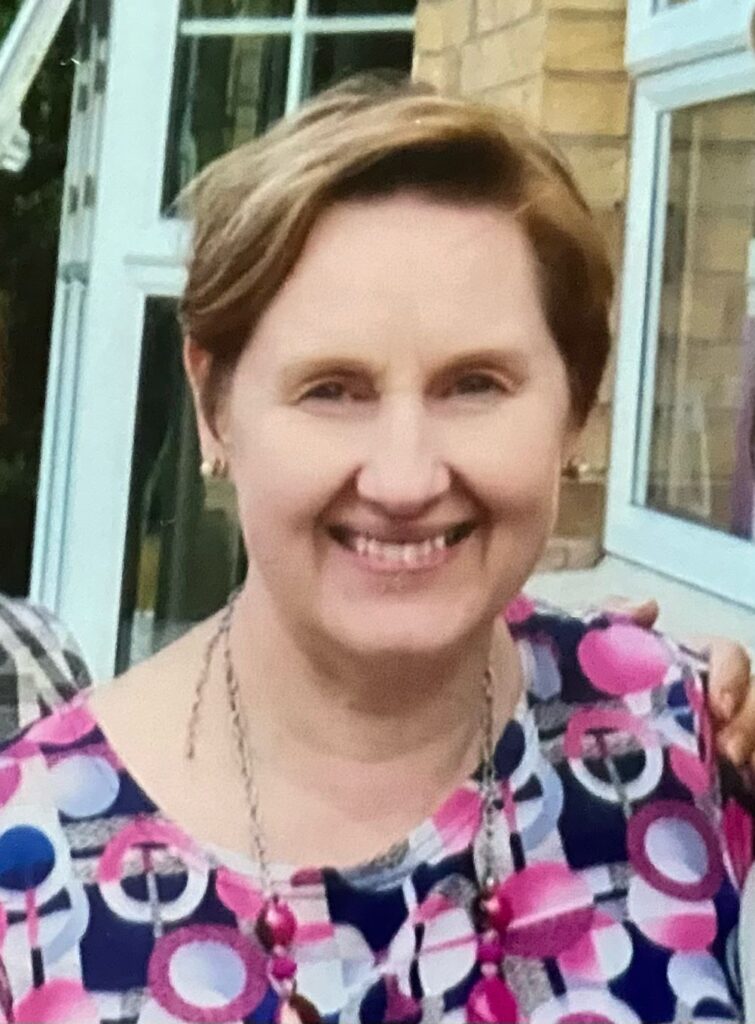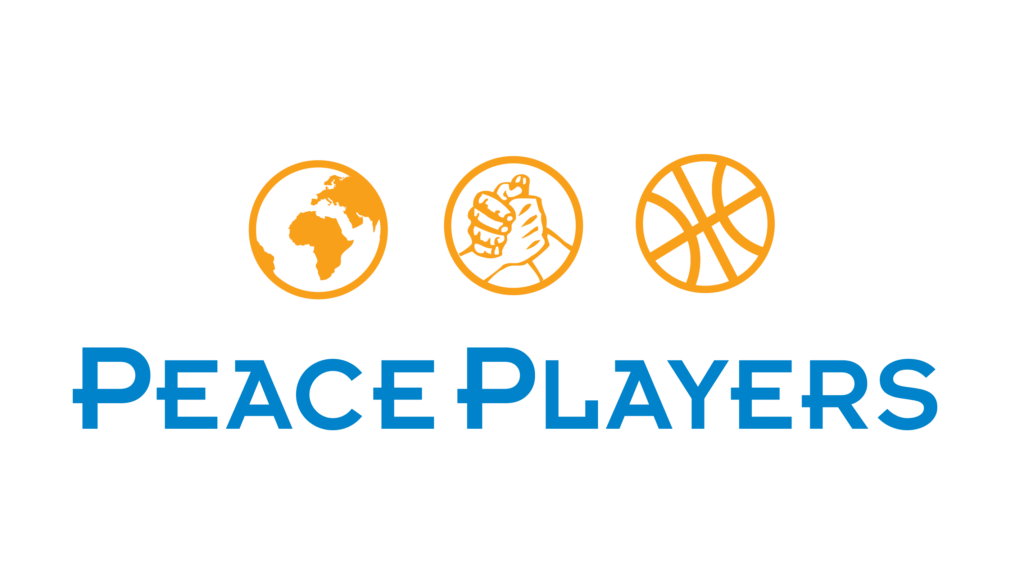Siobhan’s Testimony: From the Troubles to the PeacePlayers Tribe
International Women's Day 2023
3/30/2023
SHARE
In honour of International Women’s Day, PeacePlayers Northern Ireland is honouring girls and women – participants, coaches, mothers – who are, each in their own way, making a difference. Today we’re sharing the story of Siobhan Slane, the mother of four PeacePlayers, and is a fierce advocate for shared society in general, and PeacePlayers in particular. She’s provided a testimony of living through The Troubles as a Catholic person originally from the Republic of Ireland, and the impact PeacePlayers has had on her family, and on the possibility of a safe, shared and hopeful Northern Ireland.
I am from the borders of County Meath and County Dublin, [Republic of Ireland], and I grew up in a very, very tiny village called Stamullen and it was very rural. We were only a couple hundred people living in it. It was a brilliant place to grow up; everybody knew everybody else. And everybody looked out for everybody else.
The troubles were absolutely raging at the time that I was growing up. I grew up in a family that was involved in sports, not basketball, but in cycling, and there were many bike races in [Northern Ireland] which we would have travelled up and down to and it was always a very daunting experience. You would come up to the border and you would queue up to get through, and the soldiers would be there with their guns, and more often than not because you were in a [Republic of Ireland] registered vehicle, you would be taken into the site. There was a place where they would search you and your vehicle. And you’d be praying to God that everything would be alright. All you had was bikes and food and stuff but you were always frightened. It was a very frightening experience because nobody was terribly friendly. It felt like you weren’t really wanted. And I remember we had a van and it was old and rickety and it wasn’t very reliable. And I always remember as we would come towards the border, my dad would go, “Oh, please don’t let the van backfire. Please don’t let the van backfire.” In case the soldiers would actually think it was an explosion.
I remember being up at the Tour of Ulster [bike race] as a young girl of about 10, and my dad was driving and I was in the passenger’s seat because we were servicing the team. And we had a rider whose wheel was punctured.

So we pulled over, I changed his wheel as you do, and he gave us a push off, and away he went to get back into the group of riders. So we pulled out to go back into the cavalcade and the next thing was there was this car flashing at us. And next thing you could see there was a policeman, so we pulled over. So they took my dad out of the car. And they took him around to the front of the car and pointed a gun at him. And I was like, “Oh my God, oh my God, oh my God.” I was terrified. I didn’t know what was going to happen. I really didn’t know what was going to happen. They eventually brought my dad back up with a gun in his back and told him that we better watch out. I will never forget this.
So, I always knew, from that very young age, that these people, they don’t like us. They don’t want us here. Just keep a low profile.
Eventually, I married my husband Paul, who’s from Belfast, and I moved here. We lived in a predominantly Catholic area and we lived really close to a big army barracks. So there were helicopters that flew really low in and out, all day and all night. There was never, never a quiet moment. I still can remember coming home from work one day. I was in my bank uniform and everything. And I was walking up the path, minding my business, and there was a soldier in my garden. And he started to point his gun at me, and I just looked at him and I went “That’s my house. Would you mind not pointing your gun at me?” I turned around and he spat at me.
That was the way you lived your life. You knew what side of the road to walk on. So you had to be so careful. People literally lived within their own little enclaves. And it was clicky and it wasn’t welcoming for anybody outside just because nobody was trusted because there were informers. It was really difficult at the time. It was not the sort of environment that I had come from.
But, obviously, I got through it as you do because I’m still here, and thank God, things are different and things have evolved, no matter how bad it is here with lack of leadership and governance. Still, it’s nothing like it was, so you can go out safely and you’re alright and it’s not the same panic.
When the Good Friday Agreement came along, there was no expectation that it would work. There was absolute hope that it would work. There was an awful lot of to-ing and fro-ing and worries with that Good Friday agreement because it was not a straightforward process. There were so many breakdowns and so many problems after it, and it absolutely didn’t go smoothly. And just because they came out with the agreement on that afternoon in 1998, it wasn’t a given that it would work. But everybody was so excited and delighted, because we were all sick of it. Everybody was sick of living the way that we had been living for such a long time. People had had enough and really wanted to move on with their lives.
And thank heavens they all kept at it, because we’re where we are now because of it. And I’m grateful for having had it. I would not I would not have stayed in Belfast and had a family here if things had not moved on. No, it was too dangerous and if things were the way they were, you didn’t know if you were going to open the door and be safe. You really didn’t in those days. Now you can and I think everybody was ready for that change and for some sort of peace.
When my kids first joined PeacePlayers, I was very excited about the opportunity to get the children involved in something so positive, which would expose them to children from a different background who would have different beliefs. We were totally committed to getting involved in an organisation like that, and making the change that needed to be made here. I thought, “Oh my God, this is amazing.”
It took me a while to find a route into it. We eventually got a chance to join through the summer programme. And that first meeting, we were in the middle of a terrible, terrible year. And we really needed something positive for the children, because my dad had been killed in an accident and he had been a major part of our world. It was a devastating blow to our family, and we really needed something to give us a lift and when we booked the very first camp, it was new to us and we didn’t know anybody. And from the minute we walked in, and [PeacePlayers Northern Ireland Operations Team Leader] Debbie Byrne was there, and from the get go, was so welcoming and cheerful. Every one of us felt like we’d come home, and that’s a really strange thing to say, but it’s actually how we all felt. This is our tribe, these are our people and we belong here. And that was the start of it. And we’ve never, never looked back and never will.
It’s just, it changed our family for the better. Not only do they go there to play basketball; it’s their everything. It’s their social activities. It’s their friendships. And they’ve learned so much from it. And then there’s also these programmes and little courses that they’ve taken, building up their confidence. And they’ve made friends from different parts of the city that they never would have met. There’s even one chap, I think his dad goes and marches on the 12th of July [a day of celebration for Protestant unionists, but also often comes with sectarian tension] and stuff like that. And they slag each other off* a bit, they have a bit of craic**. And that’s the way it should be. It’s not an angry thing, they have a laugh about it. And that’s what you need. To educate future generations that we can share this space, we can live together. It’s just been brilliant. I can’t really find enough adjectives to describe how much we love PeacePlayers. I think THEY should get a Nobel Peace Prize.
* tease
** fun and enjoyment





